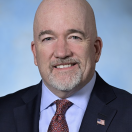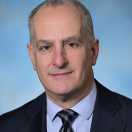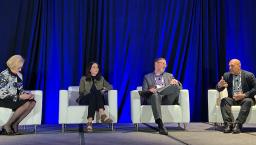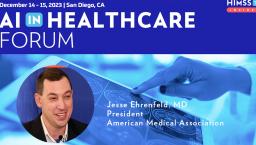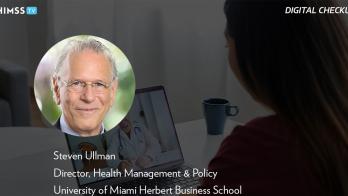Blog
The CIO of Penn Medicine says 2023 will be another year of significant change, requiring organizations to display nimbleness and teamwork to execute their strategic plans.
To fight for the best and the brightest, don't give employees a reason to go. Pay them well, keep them engaged and ensure that managers know their roles.
Personalized medicine is constantly evolving, and the technologies it relies on are advancing rapidly. In this environment, the associated challenges are numerous and complex. Overcoming them often requires fresh eyes and multiple perspectives.
While understanding and reconciling drugs after discharge from the hospital can be challenging, it's a necessity for greater efficacy of care delivery. HL7's Da Vinci project can help.
The FCC established the Affordable Connectivity Program in December 2021 to provide access and subsidized computing devices. It's free to enroll in ACP, but too few people are taking advantage.
AHRQ is helping the transition towards evidence-based recommendations to guide clinical decision-making that incorporates patients' needs and preferences.
At Massachusetts-based Ascentria Care Alliance, a community care platform played a critical role managing health assessments, housing inspections and supply list checks.
Healthcare organizations must urge the Senate to pass critical telehealth legislation, and enact at least a two-year extension of the important PHE-era policies while working toward a permanent solution.
At Penn Medicine, agile methods have been adopted by a number of information technology teams, including teams that support its enterprise EHR, data analytics, IT operations and systems administration.
It's crucial we recognize that what worked well before may not work well today. And it's essential to anticipate, prepare for, respond to and adapt to incremental change.


